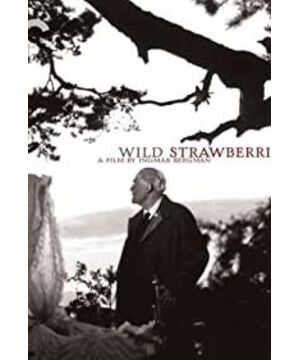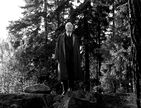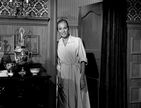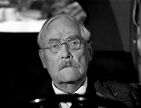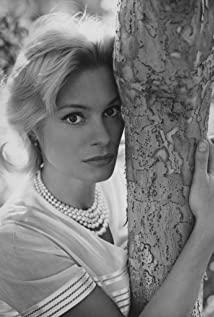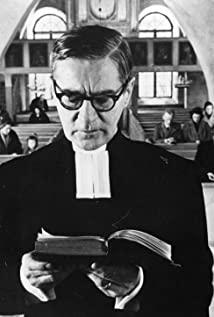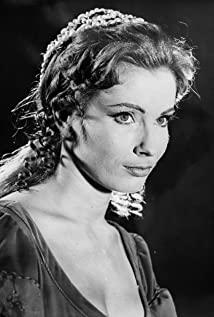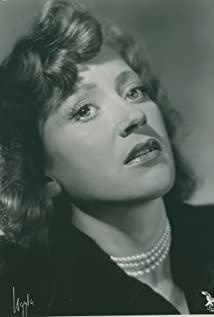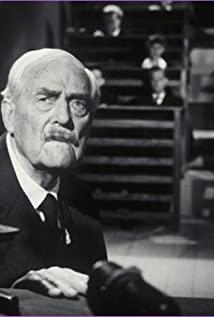According to the current film classification, "Wild Strawberry" seems to be classified as a road movie, this comical consequence reflects the rigidity of modern film classification method. And the lens of this 1957 black and white film is aimed at the rigid life of modern people.
Like Bergman's other films, the story of "Wild Strawberry" is very simple. The basic plot is that the old medical scientist Isaac drove to his alma mater to attend the award ceremony to celebrate his 50th anniversary of his research. From Isaac's morning departure to the award ceremony. Return home after the degree ceremony. The story unfolds during the journey, and through several episodes of the journey that Bergman skillfully penetrated, as well as several of Isaac's dreams, we gradually learned about Isaac's person, and began to live with him for a lifetime, and with this man. Scientists face the dilemma that a person needs to face together and seek redemption together.
The characters used in Bergman's films are generally very few. There are only two main characters in this film, Isaac and his daughter-in-law Marianne. Isaac's acceptance of his degree symbolized the peak of his career, and through his daughter-in-law, we learn that Isaac has failed in family relations due to his indifference and selfishness. Marianne begins by saying, "None of us like you", thus unveiling the harrowing journey of successful man Isaac.
On the way, the car picked up three young people traveling, Sarah, a girl with the same name as Isaac's young lover, and the girl's two suitors, the theological student Andrea and the medical student Victor. Sarah keeps Isaac immersed in painful memories of a past lover, who says he is noble and elegant, but kisses only in the dark, and ends up in the arms of Isaac's brother who forcibly kisses her while picking wild strawberries. Young theological and medical students seek Isaac's opinion after a heated debate about the existence of God, but the old scientist prevaricates only with ambiguous lines. There was a small car accident on the road, so the car took a couple who were already in trouble. Isaac stopped by to see his old mother, an old man who would have mistaken the name of his child, kept complaining that the juniors didn't see her, and told us that indifference and isolation had long existed in this family.
Bergman is a master of expressionism, and several of Isaac's dreams are the finishing touches of the film. Bergman makes old Isaac return to his youth in the dream, and puts Isaac in a state of reflection and redemption by means of time and space inversion. The stealing kiss on the wild strawberry field appeared in a dream. In the first dream, Isaac came to a street full of dead silence, where he saw a clock without hands, a wagon that fell apart, and himself in a coffin rolled from the wagon, and stretched out his hand to pull him desperately to the coffin. The dream of a life scientist is lifeless, and the love that happens on the wild strawberry field full of life is a betrayal of his nobleness and elegance. These shocking scenes show Bergman's ability to penetrate into the inner world of people as a master of the generation. . In the dream, he also saw his deceased wife having an affair with someone else, and afterwardly deduced his indifference after knowing the affair. Isaac also dreamed that his husband, who had just been ordered to get out of the car, became the chief examiner at the degree-granting ceremony and gave him three exam questions: look at cell slices, ask him about the doctor's first duty, and see a patient. The medical scientist, unable to see the cell slice and forgetting that the doctor's first duty is to ask for forgiveness, looks up and laughs after he declares the patient dead. Isaac's defeat in the face of all three questions symbolizes his complete ignorance of the meaning of life.
The daughter-in-law told Isaac that her son wanted her to have an abortion because he had inherited his indifference, and she insisted on having a child at the cost of love. (A friend came to visit after that, and looked a little absent-minded, missing some details, roughly depicting the indifference and selfishness that Isaac's son inherited from his father).
After a lengthy degree-granting ceremony, Isaac returned home exhausted physically and mentally, and said to his daughter-in-law, "I found out that I like you very much." The tense resolution that runs through the film throughout. The film ends in a wonderful dream in which Isaac returns to his youth, and his lover Sara says to him, "There are no more wild strawberries." Then he takes him to the bright lake, where his Parents are fishing peacefully. Although the wild strawberry symbolizing vitality is no longer there, the old man who has reached the end of his life has finally reached the lake of love.
The basic evaluation of Bergman in film history is that he made film a "seventh art" alongside painting, sculpture, architecture, music, poetry and drama. This is also the reason why the famous Polish director Kjelovsky regarded him, Tarkovsky and Fellini as the "Holy Trinity of European Cinema". The reason why movies can become art is because images move from entertainment to thinking. Bergman, who came from a pastor's family, has spent his whole life thinking about the existence of God. Although he eventually turned to doubt and pessimism, the genius inspired by this essential question makes each of his films exude from the depths of the universe. The dim light that shoots, every time it touches people, it will make you think.
5/22/04
View more about Wild Strawberries reviews


